CTA Hopeful PM’s Mandate Aligned with Trucking Industry
(TORONTO, May 26, 2025) — The Canadian Trucking Alliance looks forward to working with Prime Minister Mark Carney and his cabinet on several government priorities the PM outlined in his mandate letter this week.
In a letter to Carney, CTA wrote that many of the PM’s goals are aligned with the trucking industry, including the need to remove interprovincial trade barriers; turnaround a stagnant economy and restore productivity; immigration reform, securing the Canada-US border; and addressing border security concerns, while executing the very difficult task of striking a new trade deal with the US in the midst of a trade war.
CTA also reminded the Prime Minister that businesses in the trucking sector are not immune to these cascading effects, but their predicament has been further exacerbated by other crises, namely the proliferation of the underground economy, which is creating unfettered and expanding lawlessness in the trucking sector.
“CTA and our industry continue to be a steadfast partner that can be relied upon during times of uncertainty and crises impacting the livelihood of Canadians and businesses,” wrote CTA president Stephen Laskowski. “However, there are also opportunities to be seized. We must now show a willingness to be proactive, work on developing a fresh vision and perspective, and employ innovative approaches to create a stronger, safer, and more resilient economy and nation.”
Craney’s mandate letter emphasized the need to improve productivity in Canada, while recognizing the dismal economic results of the last decade.
CTA stands ready to work with the Finance Department and Canada Revenue Agency to address such measures through tax proposals. However, the Alliance will continue to remain vocal about the gross tax evasion taking place in in trucking industry through the misapplication of personal services business (PSB) model and continued inaction on the T4A enforcement moratorium.
To improve investment and productivity, the government must curb the underground economy and begin collecting taxes from the hundreds of fleets and thousands of truck drivers who pay little, to no tax.
“Law abiding fleets can no longer invest in productivity improvements in such an environment. Many compliant carriers are also struggling to create legitimate jobs and expand their workforces legally as the proliferation of the underground economy and misclassified labour schemes expand throughout Canada. By collecting taxes owed in the sector, the government will spur investment, with no cost, to the benefit of all Canadians,” the letter states.
Other topics CTA covered in the letter include:
Interprovincial Trade Barriers
The previous federal government had identified trucking as the pilot sector to remove internal trade barriers. The new cabinet team must ensure this pilot succeeds but is also expanded and accelerated through strong regulatory and legislative commitment from all provinces and territories, CTA wrote.
Securing the Border
The trucking industry has a progressive plan, which CTA believes can be achieved by working with the provinces, the enforcement community on both sides of the border, and through pilot programs exploring the benefits of AI to reallocate border resources more efficiently and secure the international and domestic trucking supply chain.
Immigration and Known Employer Program
The Government of Canada has committed to reducing the number of immigrants to our country, which will create better competition for workers between sectors and within industries. However, trucking still requires long-haul drivers from other countries. Prioritizing trucking helps our sector but also supports all sectors of the economy. However, a mandatory known employer program is vital to ensure that truck drivers from overseas are not exploited and are treated lawfully.
A New Trade Deal with the US
The CTA is ready to work with the Canadian government to ensure we have a fair and equitable trade deal for Canadians. CTA submitted a plan regarding the 2026 CUSMA review, but is also prepared to work on security of international shipments planning should the scope of CUSMA expand to address additional border security concerns.



Comments are closed